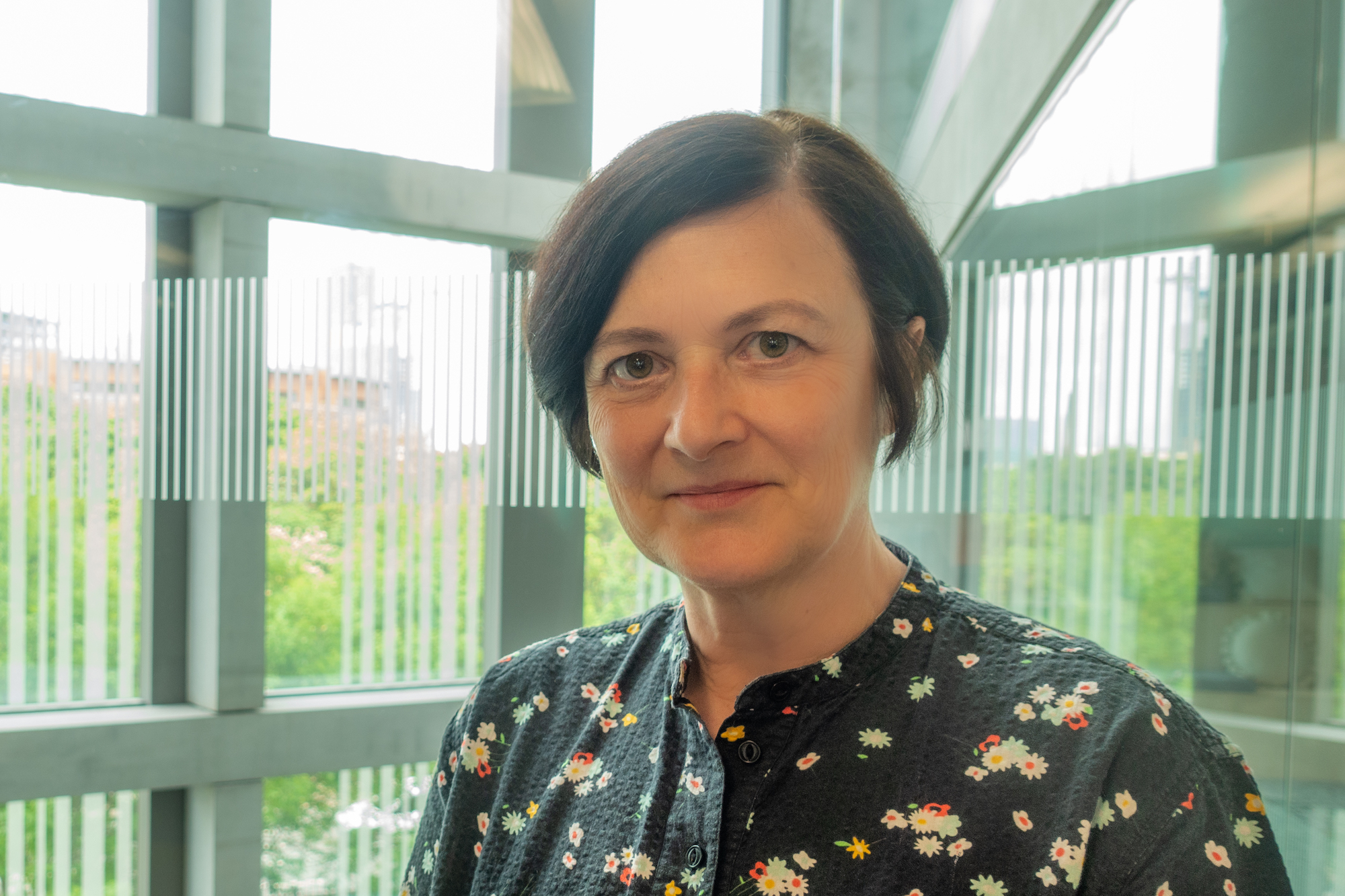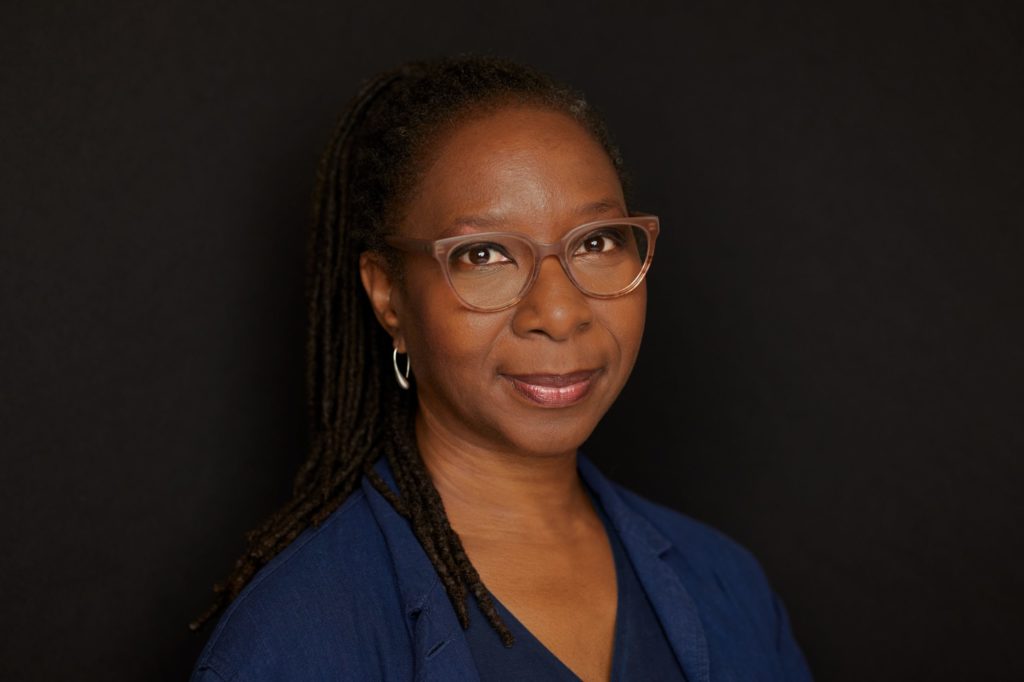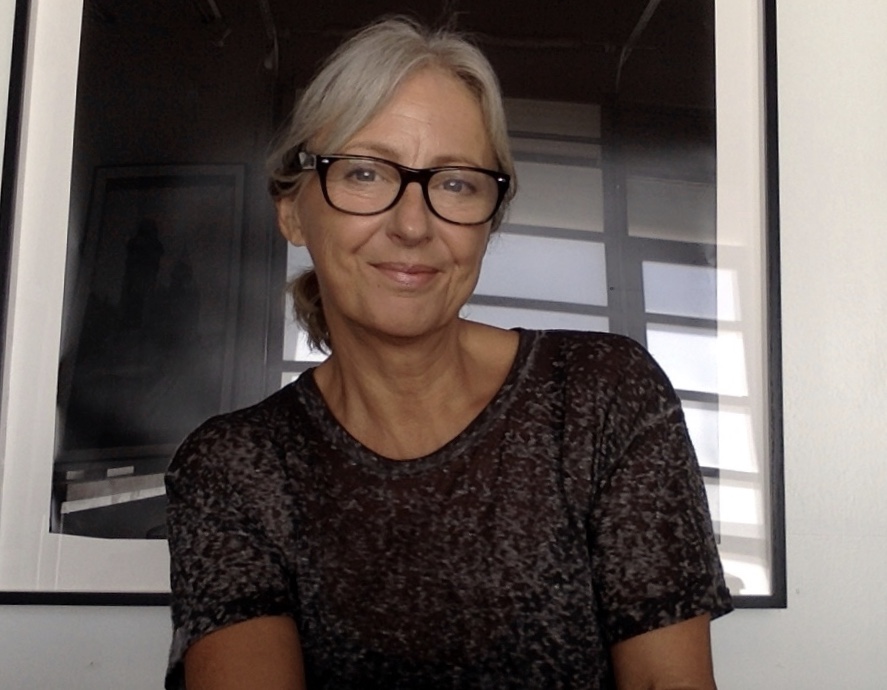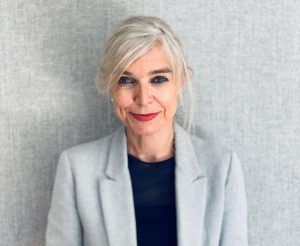The Board provides the invaluable governance, critical friend and developmental support structure for BTB, combining considerable skills, experience and networks across a breadth of impressive cultural, business, regeneration and community development backgrounds. We thank them for their time, support and commitment to building the British Textile Biennial into a resilient and dynamic cultural organisation.
Ruth Raban - Chair

Ruth works as an Enterprise Fellow at Manchester Metropolitan University Business School facilitating workshops and peer learning for business MD’s and Directors from across the North West.
For 9 years Ruth was Director of Creative Lancashire, building a large network of creative and cultural businesses, freelancers and artists. The Creative Lancashire service delivered a range of business support, events, consultancy, and training, working collaboratively with regional and national organisations including: NESTA, The Design Council, The Arts Council, D&AD and the Queens Award Office. Through developing some successful collaborations and securing funding Ruth has built some strong strategic partnerships with a range of public and private stakeholders.
Providing leadership and board level experience Ruth worked for six years as a charity trustee for North West organisation Curious Minds, to provide children from all backgrounds with creative opportunities. Previously Ruth worked in the media industry and ran two TV production companies working for some of the major broadcasters including the BBC and Channel 4.
Dr Christine Checinska

Dr Christine Checinska is the Senior Curator of Textiles and Fashion Africa and Diaspora at the Victoria and Albert Museum and Lead Curator of the Africa Fashion exhibition, 2nd July 2022 – 16th April 2023.
Prior to joining the V&A, Christine worked as a womenswear designer, academic, artist and curator. Her creative practice and research explore the relationship between fashion, culture and race. Christine’s recent exhibitions include an intervention for Makers Eye: Stories of Craft, July-October 2021, Crafts Council Gallery, and Folded Life February 2021, Johanne Jacobs Museum, Zurich, Switzerland. Her recent publications include ‘Re-Fashioning African Diasporic Masculinities’ in Fashion and Postcolonial Critique, Elke Gaugele and Monica Titton (eds.), 2019. In 2016 she delivered the TedxTalk Disobedient Dress: Fashion as Everyday Activism.
In industry for over thirty years, Christine has created womenswear collections for iconic British brands such as Margaret Howell, where she was a Senior Designer, during the late 1990s.
Laurie Peake MBE

Laurie Peake MBE is the Director of The Super Slow Way, working with artists in communities along the Leeds & Liverpool Canal in East Lancashire, using its rich environmental and heritage assets to support community led regeneration and climate action.
Laurie has over 20 years’ experience of commissioning major public art projects, working with artists to help people transform their own neighbourhoods and spaces in projects such as Suzanne Lacy’s Shapes of Water, Sounds of Hope in Pendle and Jeanne Van Heeswijk’s 2Up 2Down in Liverpool which created the Community Land Trust and bakery, Homebaked, in Anfield.
Previously, Laurie was Programme Director at Liverpool Biennial for 10 years, where she developed strategic partnerships with local authorities, housing associations and regeneration agencies to deliver temporary and permanent commissions with international artists in public spaces across Merseyside. Projects such as Jaume Plensa’s Dream on the former Sutton Manor Colliery with St Helens Council, Antony Gormley’s Another Place on Crosby Beach with Sefton Council, and Richard Wilson’s Turning the Place Over with Liverpool City Council. The two latter were co-funded by the Liverpool Culture Company, Northwest Regional Development Agency, City Focus and The Northern Way, a unique collaboration led by the three former Northern Regional Development Agencies
In the 1980s, Laurie was one of a small team that set up Tate Liverpool, often cited as the UK’s first regeneration project to use culture as its driver. She later went on to work with Alsop Architects on a host of regeneration projects in post-industrial towns and cities across the North of England.
Christine Cort OBE

Christine Cort OBE is a distinguished British cultural leader and arts executive, best known for co-founding the Manchester International Festival (MIF) in 2005 and serving as its long-time Managing Director.
She played a central role in building MIF into one of the world’s most ambitious biennial arts festivals — a global platform for original, commissioned work across theatre, music, performance, visual art and popular culture that draws audiences from around the world to Manchester.
Born in Blackburn in 1963, Christine began her career in the arts and cultural sector at Riverside Studios in London and later rose to become Group Marketing Director at Time Out, working across international titles in cities including Paris, London, New York, Istanbul, Dubai and Abu Dhabi. Her deep experience in marketing, city-making and cultural strategy helped shape the vision and global reach of MIF.
More recently, Christine launched CC & Friends, a boutique consultancy devoted to creative, city-based commissions, large-scale events and cultural projects, leveraging her decades of experience in place-making and cultural leadership.
Fatima Vepari

Over the course of her career, Fatima has led the development, design, and delivery of culture change, learning and organisational development across the wider public sector. This work has included complex change and transformation programmes, strategic people strategies, leadership and management development programmes, and talent and workforce development initiatives.
She is skilled in working with leaders, managers, the workforce, and Board members. combining vision and long-term thinking with pragmatism, a collaborative and collegiate approach to address the challenges and issues facing the teams and individuals she works with to identify and deliver tangible, sustainable solutions.
As a skilled facilitator, she fosters relationships in which to hold space for conversations, providing the challenge and support necessary for both individuals and teams to make sustained progress.
In 2008, she moved to working independently as a management consultant and in interim roles and has since worked across the wider public sector – local and central government, national charities, and transport. In the last five years, Fatima has worked with small and midsize charities, on board development and providing organisation development advice and support. She is a Non-Executive Director and Chair of the People Sub Committee with FRC Group, and Interim Chair with Rosetta Arts and an accredited Coach, working with individuals and teams on their presence, impact and performance.